If you’ve heard the buzz around “the cloud” but aren’t quite sure what it means or how it applies to you, you’re not alone. Cloud platforms like Amazon Web Services (AWS), Microsoft Azure, and Google Cloud Platform (GCP) are shaping the digital backbone of businesses, apps, and services we all use daily. This guide breaks down the basics in plain language for non-developers, so you can better understand what cloud platforms do, why they matter, and how to choose between the big three.
What is a Cloud Platform?
A cloud platform is a network of remote servers that provide on-demand computing services such as data storage, application hosting, and analytics. Instead of owning and maintaining physical hardware, businesses (and individuals) can rent these services from cloud providers.
Why Non-Developers Should Care
You don’t need to write code to benefit from the cloud. Whether you’re in marketing, sales, operations, HR, or customer service, cloud platforms:
- Power everyday apps like Zoom, Slack, and Google Workspace
- Enable remote work and file sharing
- Provide data security and backup
- Help scale services without massive hardware investments
Understanding the cloud helps you make better decisions around software tools, vendor selection, budgeting, and even customer experience.
Meet the Big Three
1. Amazon Web Services (AWS)
- Launched: 2006
- Strengths: Market leader, vast service catalog, global infrastructure
- Best for: Enterprises, startups, eCommerce platforms
- Popular services: EC2 (virtual servers), S3 (file storage), Lambda (serverless computing)
AWS is known for its flexibility and breadth. It powers everything from Netflix streaming to NASA projects.
2. Microsoft Azure
- Launched: 2010
- Strengths: Deep integration with Microsoft products, hybrid cloud support
- Best for: Organizations using Office 365, Windows Server, Active Directory
- Popular services: Azure Virtual Machines, Azure SQL Database, Azure AI
Azure shines for businesses already using Microsoft software. It offers seamless integration and strong enterprise support.
3. Google Cloud Platform (GCP)
- Launched: 2008
- Strengths: Big data, machine learning, cost-effective storage
- Best for: Data-heavy organizations, app developers, startups
- Popular services: BigQuery (data analytics), Firebase (mobile development), Cloud Functions (serverless computing)
GCP is particularly strong in analytics and AI, making it a favorite among developers and researchers.
How to Choose the Right Platform
Consider these questions:
- Are you already using tools like Microsoft Office or Google Workspace? Azure or GCP may be a natural fit.
- Do you need high reliability and scalability for complex systems? AWS might be ideal.
- Is data analytics or AI a priority? GCP excels in that area.
- What are your vendor preferences and existing software integrations?
For many non-technical users, the cloud provider matters less than the software and tools built on top of it. Focus on the applications you need—many vendors let you choose your underlying cloud infrastructure.
Final Thoughts
The cloud isn’t just for developers or IT teams. It’s part of how businesses operate, scale, and stay competitive. Whether you’re collaborating on a shared document, storing customer data, or deploying a mobile app, cloud platforms are working behind the scenes.
By understanding the basics of AWS, Azure, and Google Cloud, you’ll be more informed when choosing tools, asking vendors the right questions, or just keeping up with where tech is headed.

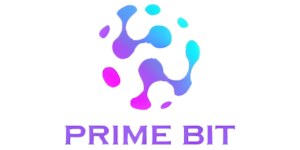
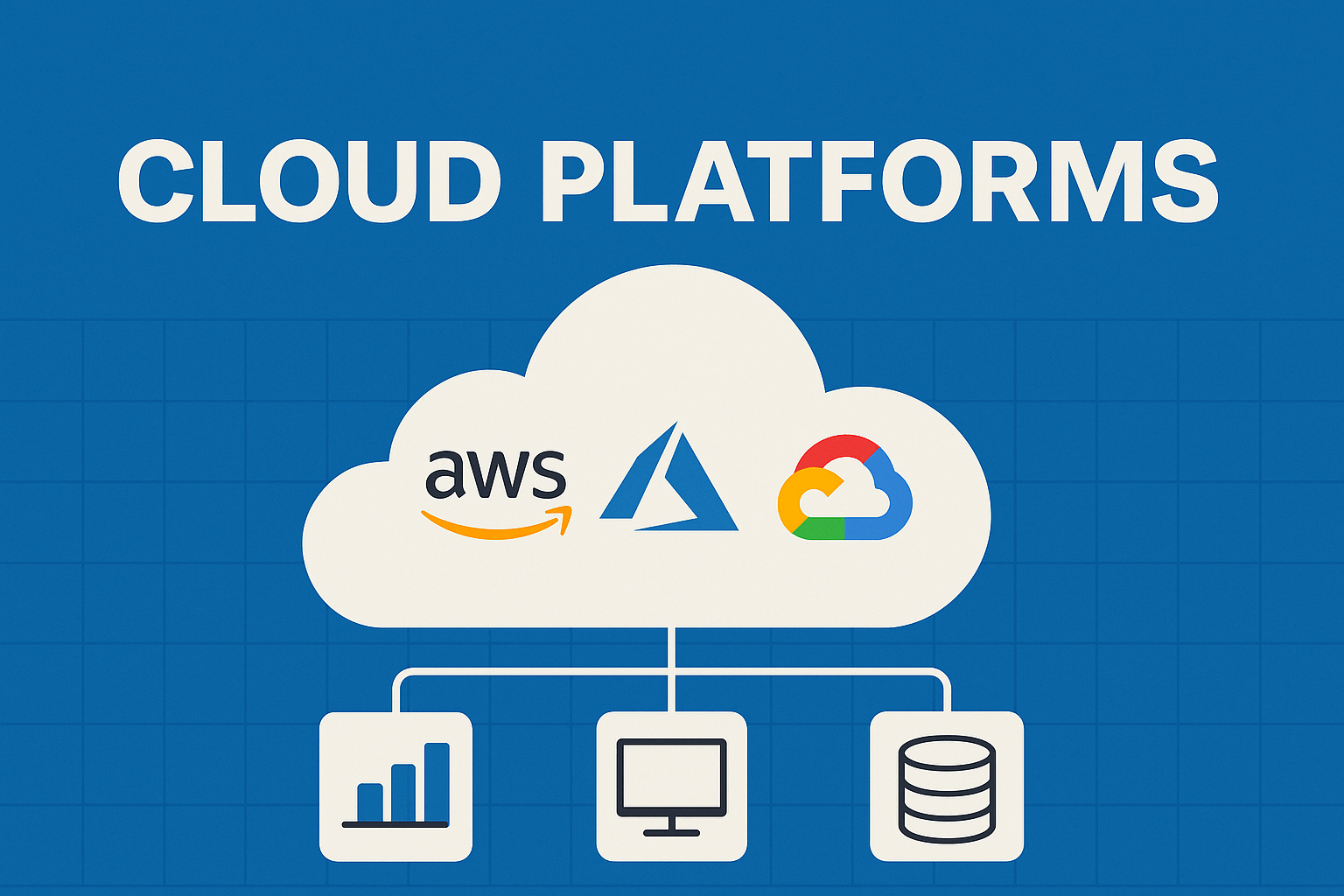
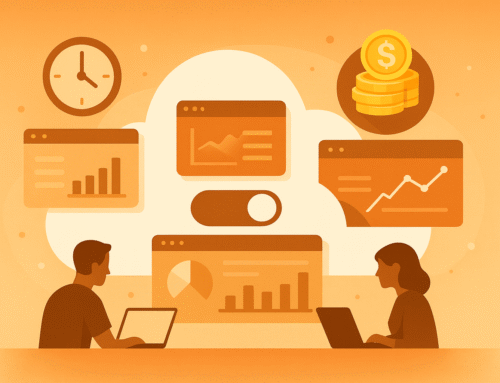
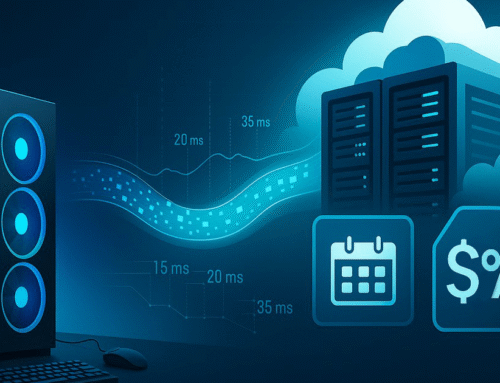
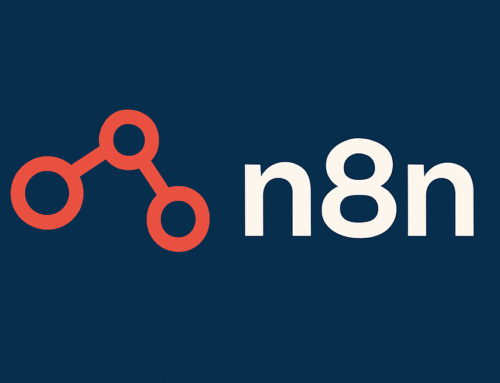

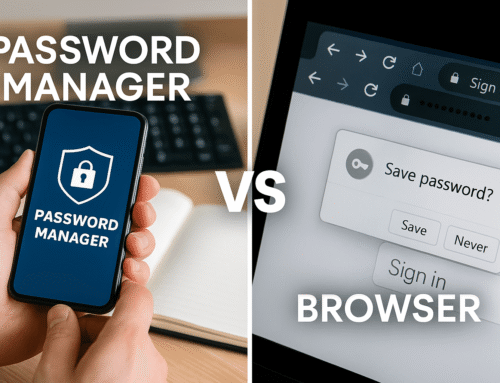
Leave A Comment
You must be logged in to post a comment.